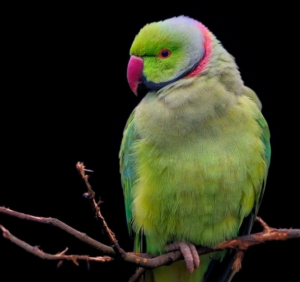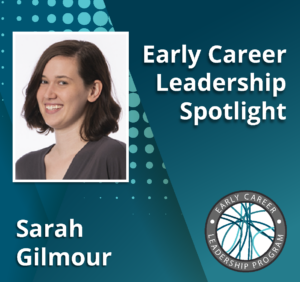Publishing research in one of the GSA Journals as an undergraduate is a significant and valuable authorship experience and we want to hear your story (even if it was published years ago!). GSA’s Spotlight on Undergraduate Research showcases GENETICS and G3: Genes|Genomes|Genetics authors who were undergraduates when contributing to their paper.
Adriana Calderon
Undergraduate Senior, Whitworth University
Research Advisor: Dr. Aaron Putzke
How did you become involved in research?
Just over a year ago, near the end of the 2013-14 school year, I was beginning to ask about research positions. When I spoke to my adviser, he informed me about a new teacher coming in who would potentially be needing hands for his lab. As the new year approached, I waited, and in the first week of classes I sent the email which began the whole thing. Dr. P invited me for a small interview, and I was surprised at how quickly he had me dive into reading articles and learning his work. Since then, I’ve been part of the team.
What was it like authoring and contributing to this paper?
It is such an honor and a privilege. It’s really a dream come true. I remember how excited I was when I got the email saying we had been accepted, and I still am. I don’t know that Dr. P understands how incredibly thankful I am to him for letting me be part of this opportunity.
What was the most interesting (or fun!) aspect of your time working on this project?
I would say that synchronizing C. elegans embryos was one of the more interesting things I did. I spent several nights at the lab, peering through a microscope and picking gravid worms away from the rest of the culture and suspending them in liquid to harvest the embryos with an aspirator. As far as the most fun, I would have to say that the company beats it all.
How did working on this project influence what you’re doing now (if at all)?
I think that working in research has not only given me confidence in lab skills, but has also given me a greater appreciation for research in general. I’ve practiced reading primary journal articles, which helps me in my day-to-day school, and it’s given me an optimism with respect to medical school or future research opportunities.
CITATION
Asymmetric Wnt Pathway Signaling Facilitates Stem Cell-Like Divisions via the Nonreceptor Tyrosine Kinase FRK-1 in Caenorhabditis elegans. , , , , , , and














